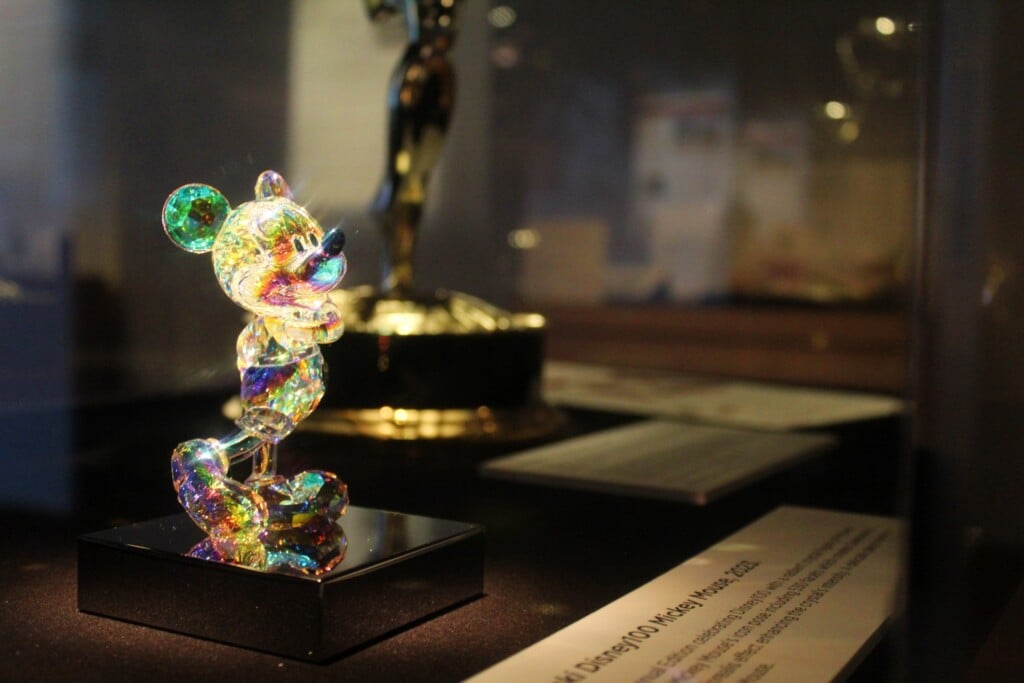Perfect Kander
Given the woes of Kansas City’s school board and public transportation system, J. Kent Barnhart wisely excludes “Everything’s Up-to-Date in Kansas City” from Kansas City Cabaret at Quality Hill Playhouse. Otherwise, Barnhart and company serve a bounty of Kansas City songs and songs composed by Kansas City alumni — especially John Kander.
Twelve of the cabaret’s 24 songs are from shows composed by Kander and his writing partner, Fred Ebb, whose careers reach all the way back to 1965’s Flora, the Red Menace; their latest venture, The Visit, closed its Chicago run last week. (They wrote Chicago, too.) Included are songs associated with Kander and Ebb’s muse, Liza Minnelli, whose flame has been reignited lately by her more-meaningful-than-ever version of New York, New York and its last line, “Come on, come through, New York, New York.” The company appropriates three songs from Steel Pier and two from Kiss of the Spider Woman as well as Cabaret‘s title number.
To feature only Kander and Ebb, however, would be to slight locally connected artists such as Duke Ellington, Sheldon Harnick and the team of Bill Russell and Janet Hood, whose show Elegies for Angels, Punks and Raging Queens was once scheduled for the Playhouse but has yet to be mounted locally. Works by all of these composers take a turn on the stage; Count Basie also gets a mention, with Barnhart’s jazzy piano number “Kansas City Keys.”
Teri Wilder and Kim Kircher trade off songs for alto and soprano, but their roles are more complex than simply being two parts of a four-part harmony. Wilder is the show’s serious, lush-voiced woman, giving gravitas to “I’m Beginning to See the Light” and a mournful, morning-after twist to The Rink‘s “We Can Make It.” In contrast, Kircher is the boop-boop-be-do girl with the raunchy streak, as in a song from Steel Pier in which she intones, I could never be a rancher’s girl/ I just can’t keep my calves together. The show’s male singer (besides Barnhart, who always gets in his licks), Vernon Quinzy, is less than memorable in his solos but doesn’t harm the group showcases.
Kansas City Cabaret‘s first act is not as polished as Quality Hill usually delivers, partly because of the wild range of years and genres it tries to cover. As a result, the response of one recent audience was polite but muted. It’s the second act — the one that’s more than 90 percent Kander and Ebb — that makes the evening a rousing success. And as every performer knows, if you leave people on an up note, they’ll always return for more.
Children‘s hour: In Theatre for Young America’s sweetly intended but choppy production of The Boxcar Children, four orphans are on the run. They hear their fate in a welfare worker’s vague promise of separate but equal foster homes — and go on the lam. After a spell of sleeping under a spruce tree and in ditches, they discover a large, watertight boxcar (crafted by set designer Jan Delovage). It’s a powerful moment — the boxcar is their shelter from the storm — but the show is at a loss to deliver many others.
Set in 1930, the play features scrappy siblings (portrayed by Lucas Villanueva, Caitlin O’Byrne, Catherine Queen and Olive “Tate” Kernell) who are resourceful enough to recycle junk into home accessories. Henry, the eldest, gets a job cutting the lawn of the town doctor (Matt Rapport) while the other kids make the best of their limited means. But authorities have put up posters all over town announcing their disappearance, so inevitably they will be caught. In the meantime, they make good on the adage “Home is where you find it.”
Barbara Field’s adaptation of Gertrude C. Warner’s book cries out for the kind of Depression-era ambience of a Walker Evans photograph or the Coen brothers’ film O Brother, Where Art Thou?; it should be so gritty and grimy it gets under your fingernails. But TYA’s production, directed by Gene Mackey, is too sanitized. A scene set in a Hooverville (an impromptu Depression city of shacks, the likes of which popped up from Central Park to the Pacific Coast Highway) features actors Bonita Hanson, Rick Holton and Sara Gentry with charcoal smudges on their cheeks but otherwise lacking pathos. Nor is there ever any sense of peril along the children’s’ travels; they’re so upbeat that they seem to be on an extended scouting jamboree.
Even on an off day, when cast members fumbled words or awkwardly grasped for lines they’d completely forgotten, the actors adequately conveyed the ABCs of the story. But the production never went much beyond that. A couple of the young actors in particular delivered lines that resonate on paper, but onstage they lacked enough emotional heft to give them any meaning.




